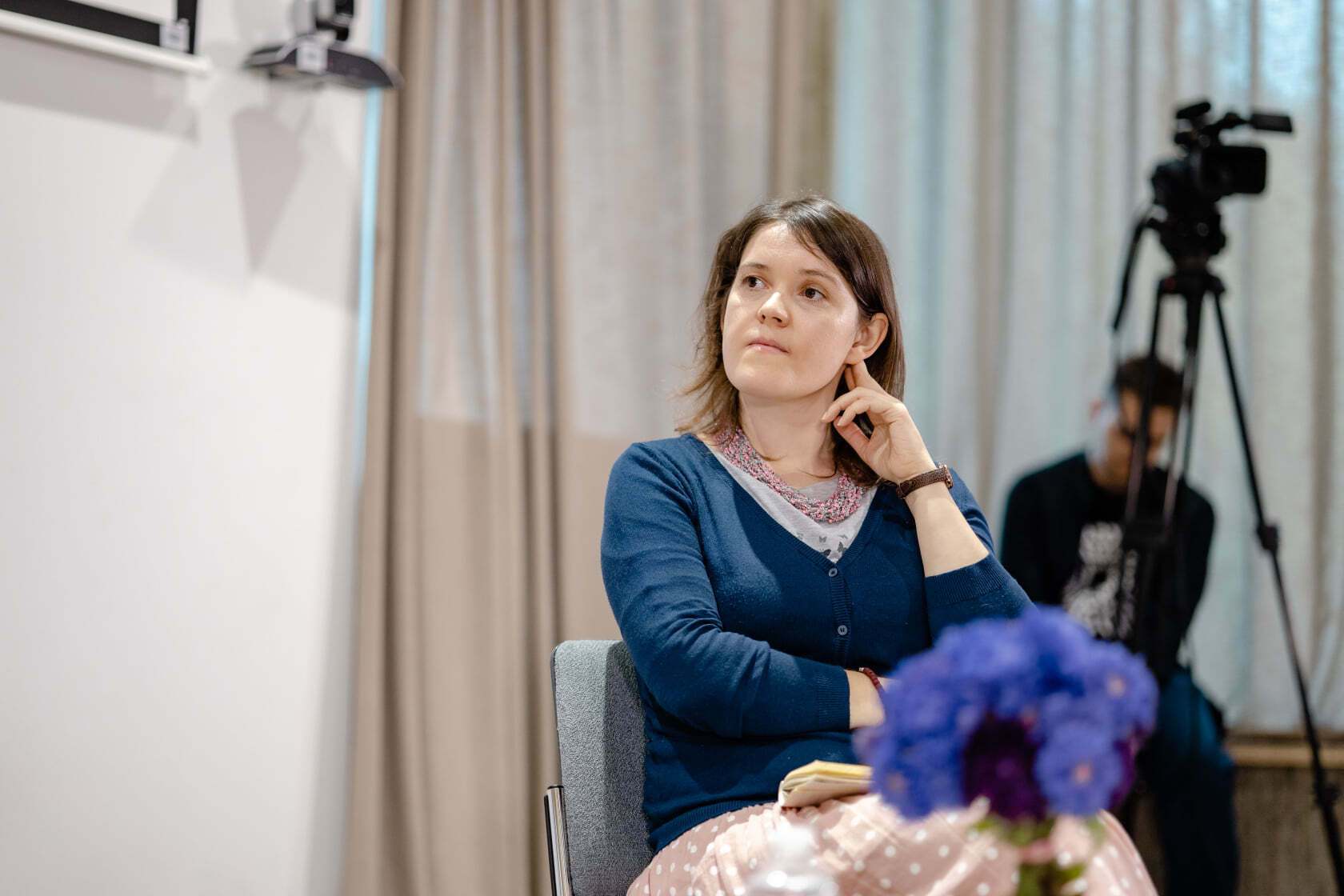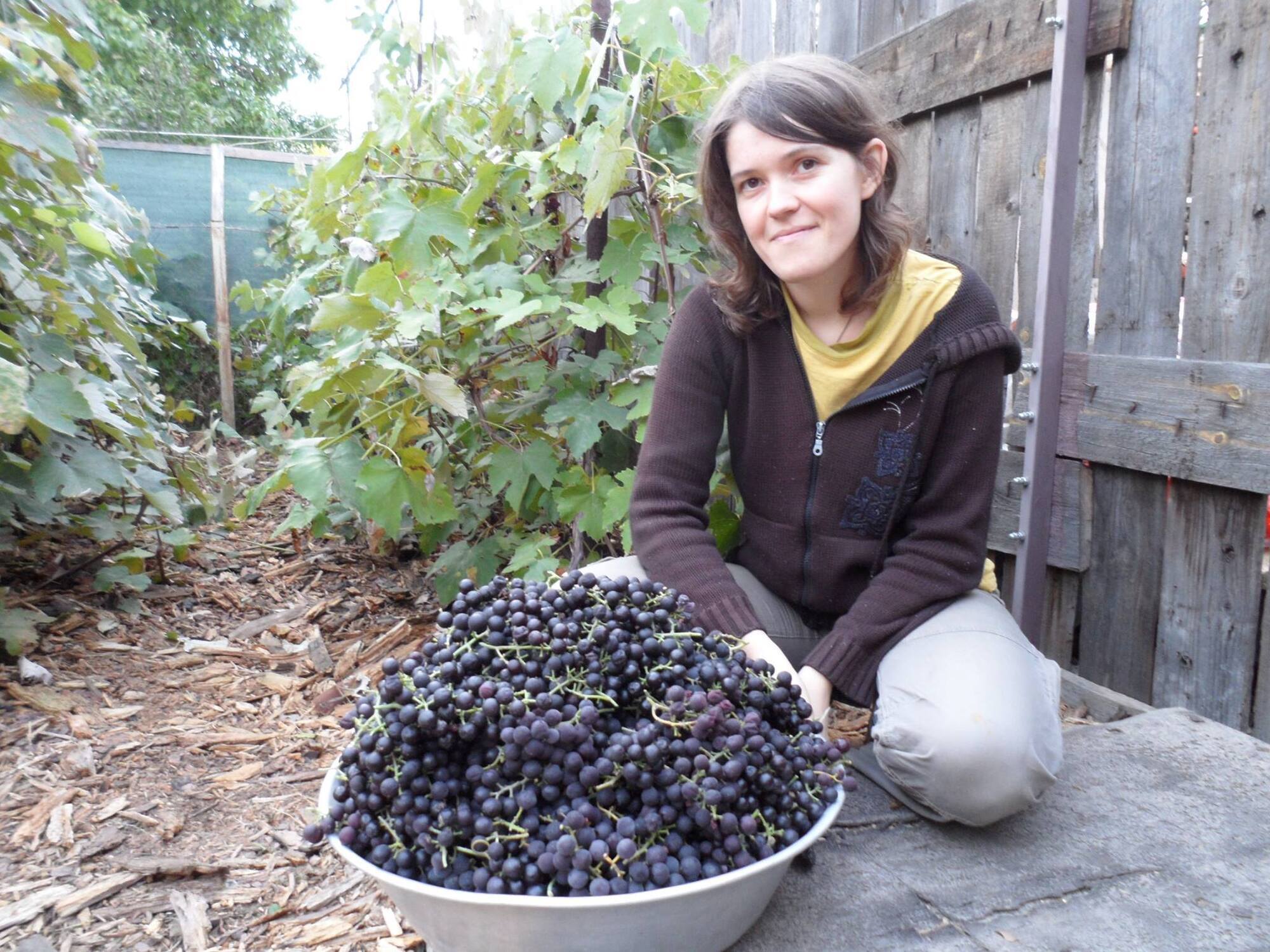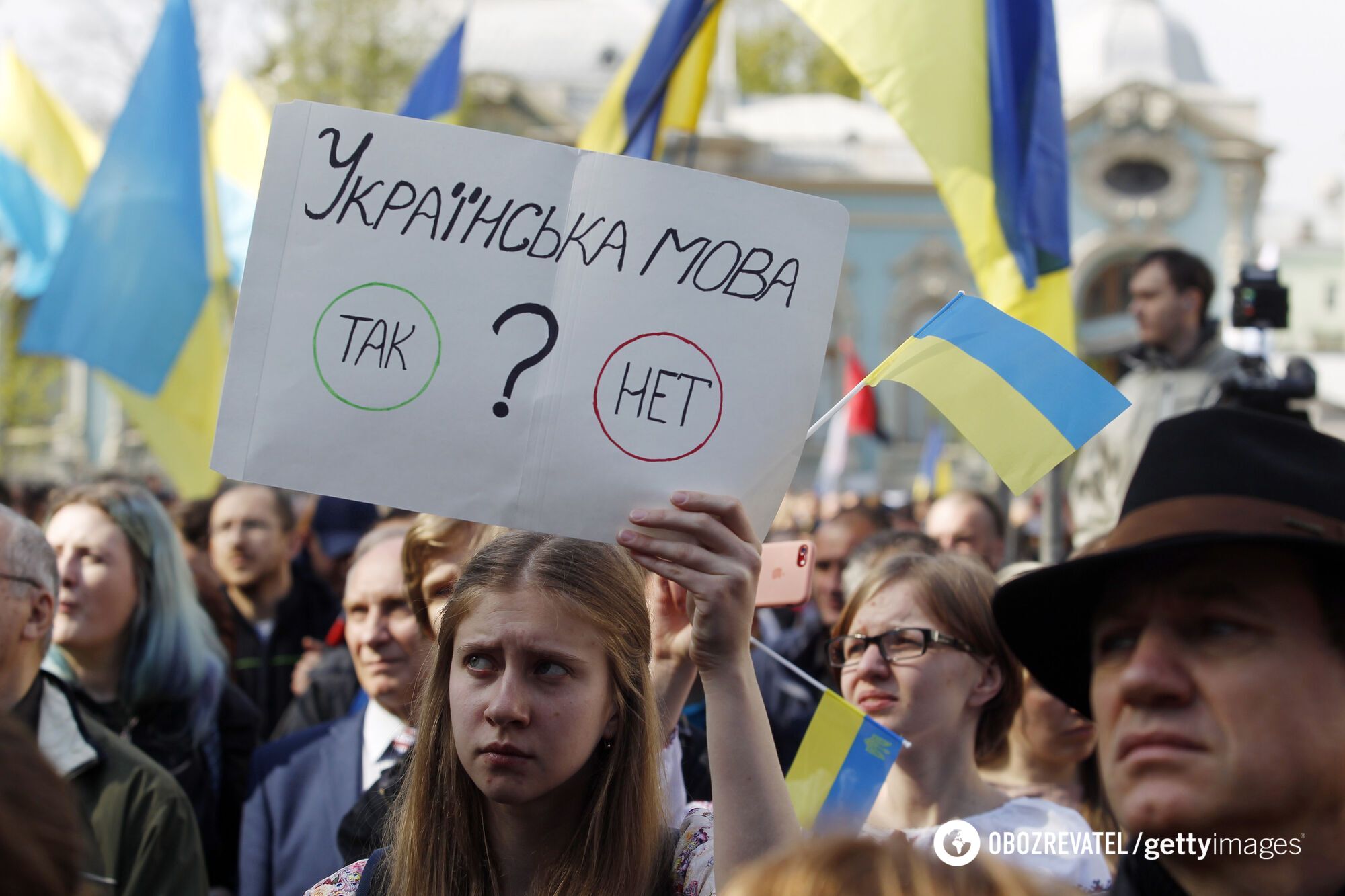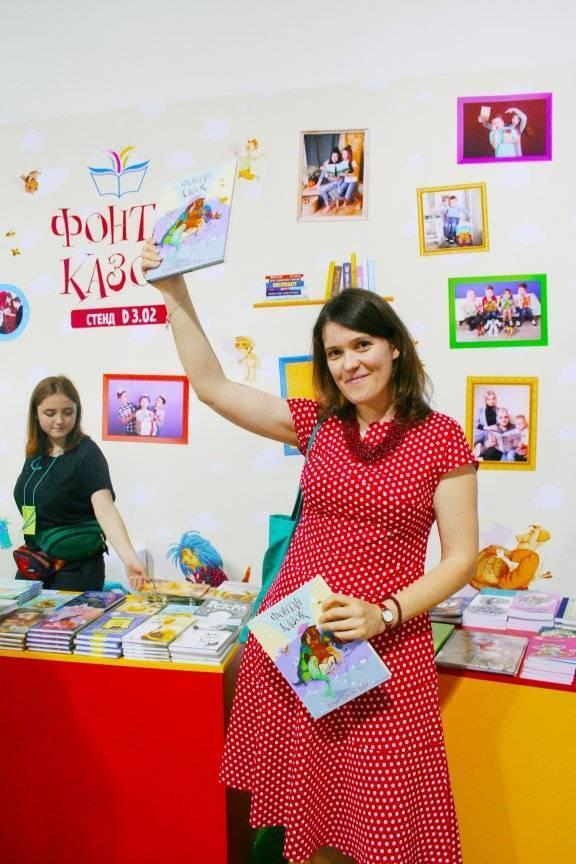Entertainment
"Why are you mutilating a child?" A Ukrainian writer recounts how her mother was threatened with deprivation of parental rights in the USSR because of her language
Writer, translator, and literary critic Bohdana Matiyash used the example of her family to recall how the southern and eastern regions of Ukraine were merged into the Soviet Union and still consider the imposed language their native language. She disclosed that her mother was threatened with deprivation of parental rights for not recognizing this.
Bohdana Matiyash admitted to OBOZ.UA that she is now happy that the Ukrainian language is no longer "only for peasants" and is now widely used in public places. However, in Soviet times, this was considered a mockery of people.
"I am glad when I see in public places that the law on language, at least in Kyiv, is in effect. Yesterday, my husband and I were returning home, we went to a bakery to have coffee, and in front of me a girl makes an order in Ukrainian, the seller speaks Ukrainian, not only with customers but also with colleagues. Behind me, people come in and speak Ukrainian, and you involuntarily ask yourself: have we lived to see this? Is this in Kyiv? Where people used to say to my mother when they heard her speaking Ukrainian with us on the bus: "Why are you mutilating a child?" So there are still changes. I think that they will also occur in those territories that we perceive today as mostly Russian-speaking," the writer shared her hopes.
She added that a foreign language has been imposed on Ukrainians for decades, so it will not be easy to get rid of it. Another important factor was the fact that there are many stereotypes surrounding the language issue, which not everyone is ready to fight.
"Again, the policy of Russification was a hyper-powerful mechanism. I know what my parents went through, how they were summoned to the KGB. My mother was told that she would be deprived of her parental rights. She was sitting there, nervous, covering her hands with a handkerchief so that they wouldn't be seen shaking. And with such a nervous laugh, she told them: "Well, you'll have to raise them yourself!" And the KGB officers were screaming that she was mocking them. This is the reality of Kyiv in the 70s and 80s..." Bohdana Matiyash recalled.
As the artist emphasizes, "the Russification policy was thought out to the smallest detail," which is why many Ukrainians believe that they "absorbed Russian with their mother's milk," even though their grandparents could speak either Surzhyk or Ukrainian. "I understand that behind this language there can be numerous traumas and exterminated families. In the twentieth century, Soviet people lived in constant fear: if you try to push your Ukrainianness somewhere, you will not live!" the writer noted.
Among the harsh but invisible methods of Russification were intimidation by KGB officers, free Russian television (while Ukrainian television is paid for), and stereotypes about the "rural" language. Bohdana Matiyash emphasizes that without the right state policy, the legacy of Russia cannot be overcome, and the government is doing little to do so.
"In 2022, in Lviv, I talked to a family that had left their hometown in eastern Ukraine because of shelling. They only switched to Ukrainian when talking to me, and spoke Russian among themselves. It's impossible to convey to someone the need for the Ukrainian language if they say: "This is our language, we grew up with Russian fairy tales, our mother sang us a lullaby in Russian." In order for this need to emerge, there must be a properly thought-out state policy. Society must understand the value of its language and culture," the translator emphasized.
As OBOZ.UA previously reported, actor Dmytro Surzhykov told what helped him quickly switch to Ukrainian. He was born and raised in Mariupol, spoke Russian for many years in everyday life, and mostly participated in Russian-language projects in theater and cinema, but found the strength to change the language of communication.
Only verified information is available on our Telegram channel OBOZ.UA and Viber. Do not fall for fakes!































